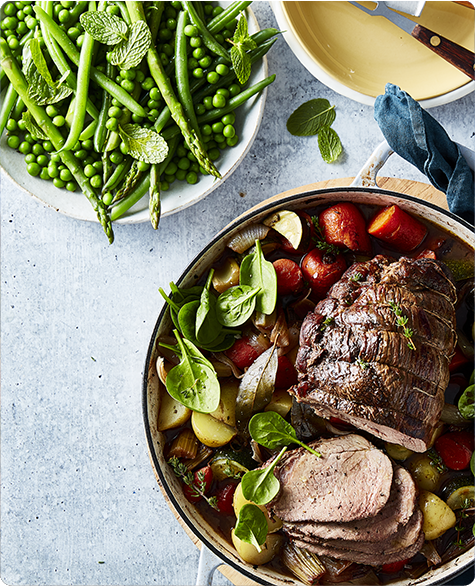- Red meat and the environment Red meat is more than just good for you – it’s also having a positive impact on the environment, with the goal of being carbon neutral by 2030.
- Health and nutrition Packed with essential nutrients Australian red meat is recommended in a healthy diet.
- Animal wellbeing The Australian red meat industry works tirelessly to look after their animals, ensuring they have the best quality of life.
- Schools The Australian red meat and livestock industry has developed a range of curriculum aligned resources for primary and secondary students.
- Red Meat Green Facts Learn the facts about the Australian red meat industry and how they’re managing the environment, caring for animals, providing for our nutrition and contributing to the Australian economy.
- Resources Share the positive story of Australia red meat with these infographics and videos.
- Blog Articles and insights on how Australian red meat is produced
Home
Guide to Red Meat and Nutrition | Red Meat Health Benefits | AGM
Red Meat and a Sustainable Diet | Australian Good Meat







